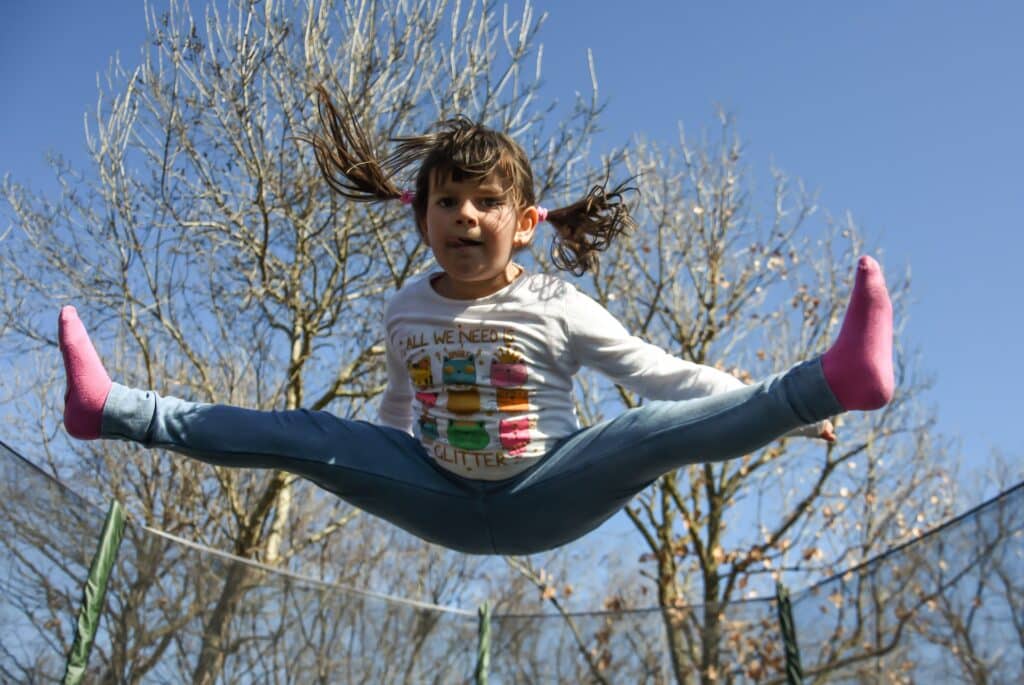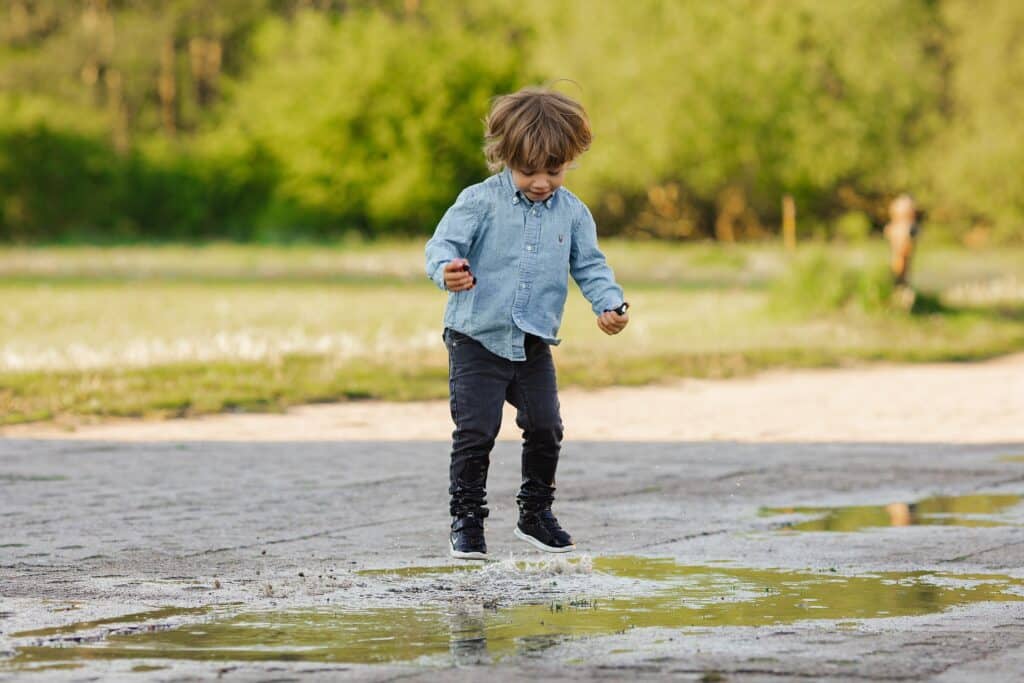Outdoor play is essential for children’s development and well-being and offers a multitude of benefits. Here are some key benefits of outdoor play with children:
The Benefits of Outdoor Play with Children
- Physical Development
Outdoor play provides opportunities for children to engage in physical activities such as running, jumping, climbing, balancing, throwing, and catching, which promote their gross motor skills, coordination, strength, and overall physical development. It also encourages active play and helps to combat sedentary behaviors, promoting a healthy and active lifestyle.
- Cognitive Development
Outdoor play stimulates children’s cognitive development through exploration, problem-solving, and sensory experiences. They can engage in open-ended play, which encourages creativity, critical thinking, and imaginative play.
Outdoor environments also offer opportunities for learning about nature, the environment, and the world around them, fostering their curiosity and understanding of the natural world.

- Social Development
Outdoor play promotes social interaction, communication, and cooperation among children. They can engage in collaborative play, negotiate rules, share resources, and develop social skills such as empathy, conflict resolution, and teamwork. Outdoor play also provides opportunities for children to make new friends, build relationships, and develop social confidence.
- Emotional Well-Being
Outdoor play has a positive impact on children’s emotional well-being. Being in nature and engaging in physical activities can reduce stress, anxiety, and promote mental well-being. Outdoor play also offers opportunities for children to experience joy, wonder, and a sense of freedom, which can contribute to their overall happiness and emotional development.
- Sensory Experiences
Outdoor play provides rich sensory experiences that stimulate children’s senses. They can touch, feel, smell, hear, and see the natural elements, such as grass, trees, flowers, sand, water, and rocks, which promote their sensory development and enhance their understanding of the world.
- Risk-Taking and Resilience
Outdoor play encourages children to take risks in a safe and supervised environment, which promotes their resilience, confidence, and problem-solving skills. Children can learn to assess risks, make decisions, and cope with challenges, which are important life skills that can be transferred to other areas of their lives.

- Healthy Habits
Outdoor play encourages healthy habits such as physical activity, fresh air, exposure to natural light, and connection with nature. Spending time outdoors also promotes better sleep, appetite, and overall well-being in children.
- Environmental Awareness
Outdoor play can foster a sense of environmental awareness and responsibility in children. Being in nature allows children to develop an appreciation for the environment, learn about ecological systems, and develop a sense of stewardship towards the natural world.
Overall, outdoor play is crucial for children’s holistic development, promoting their physical, cognitive, social, emotional, and environmental well-being. Encouraging regular outdoor play opportunities can contribute to healthy child development and support their overall well-being.
